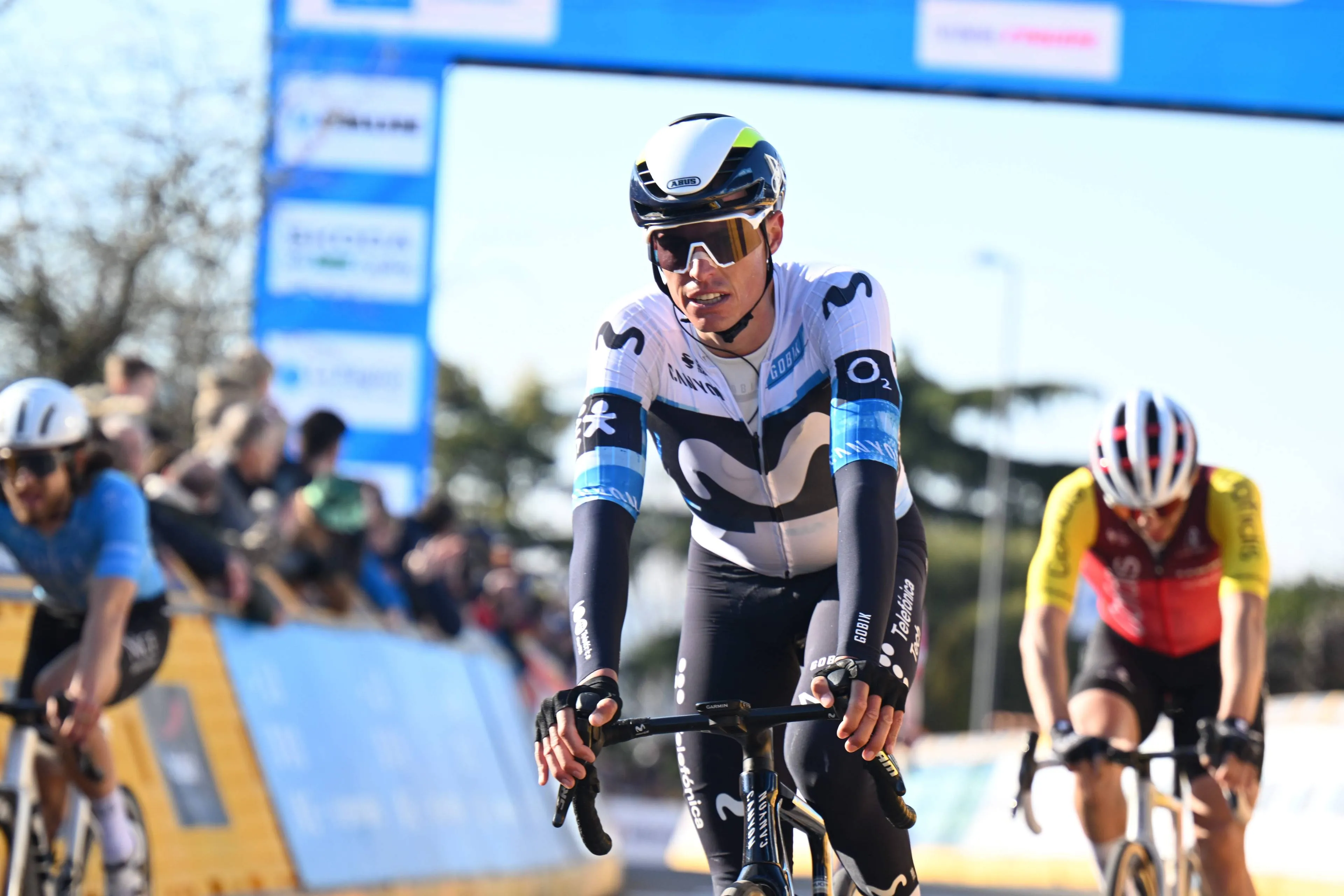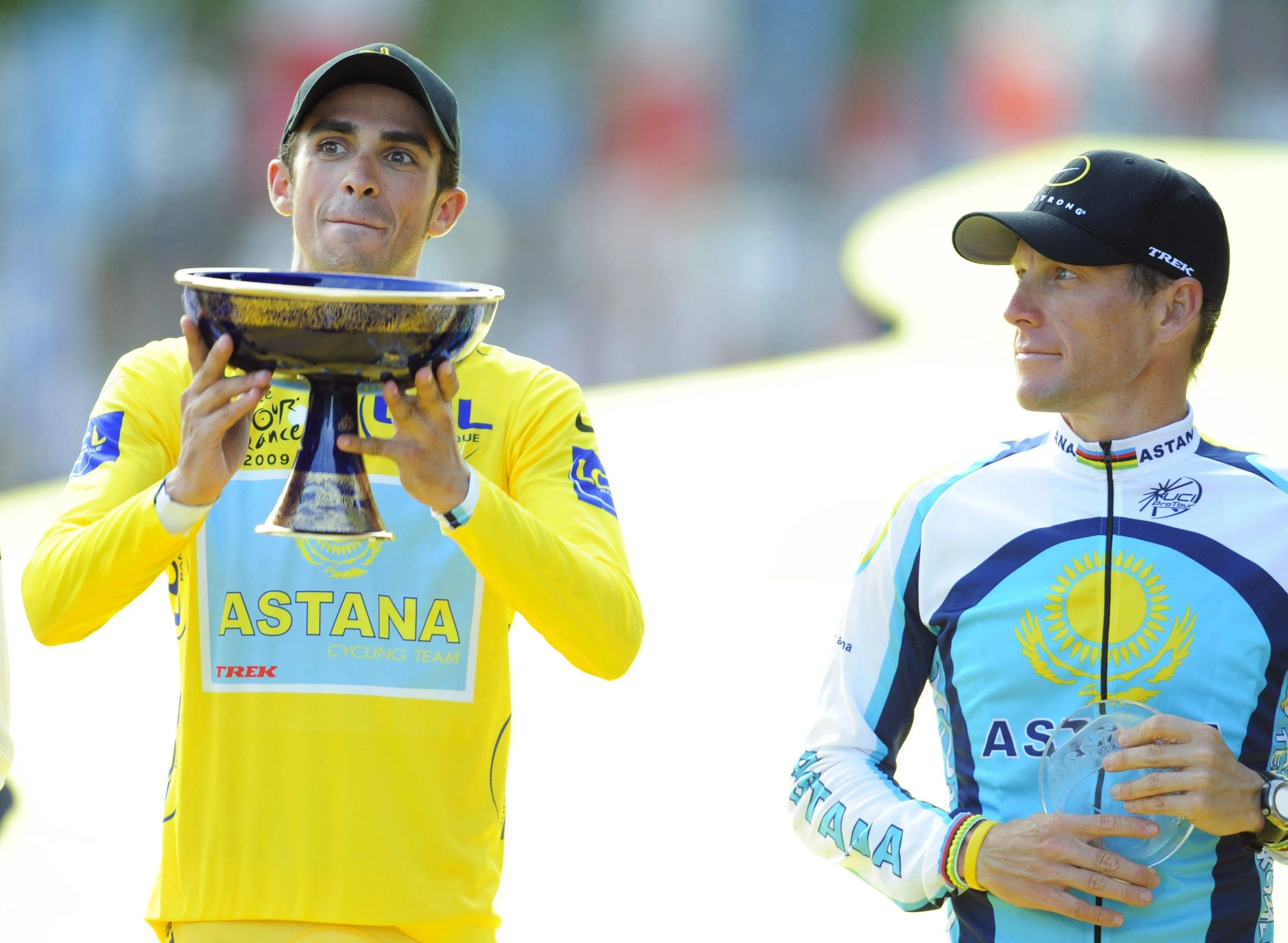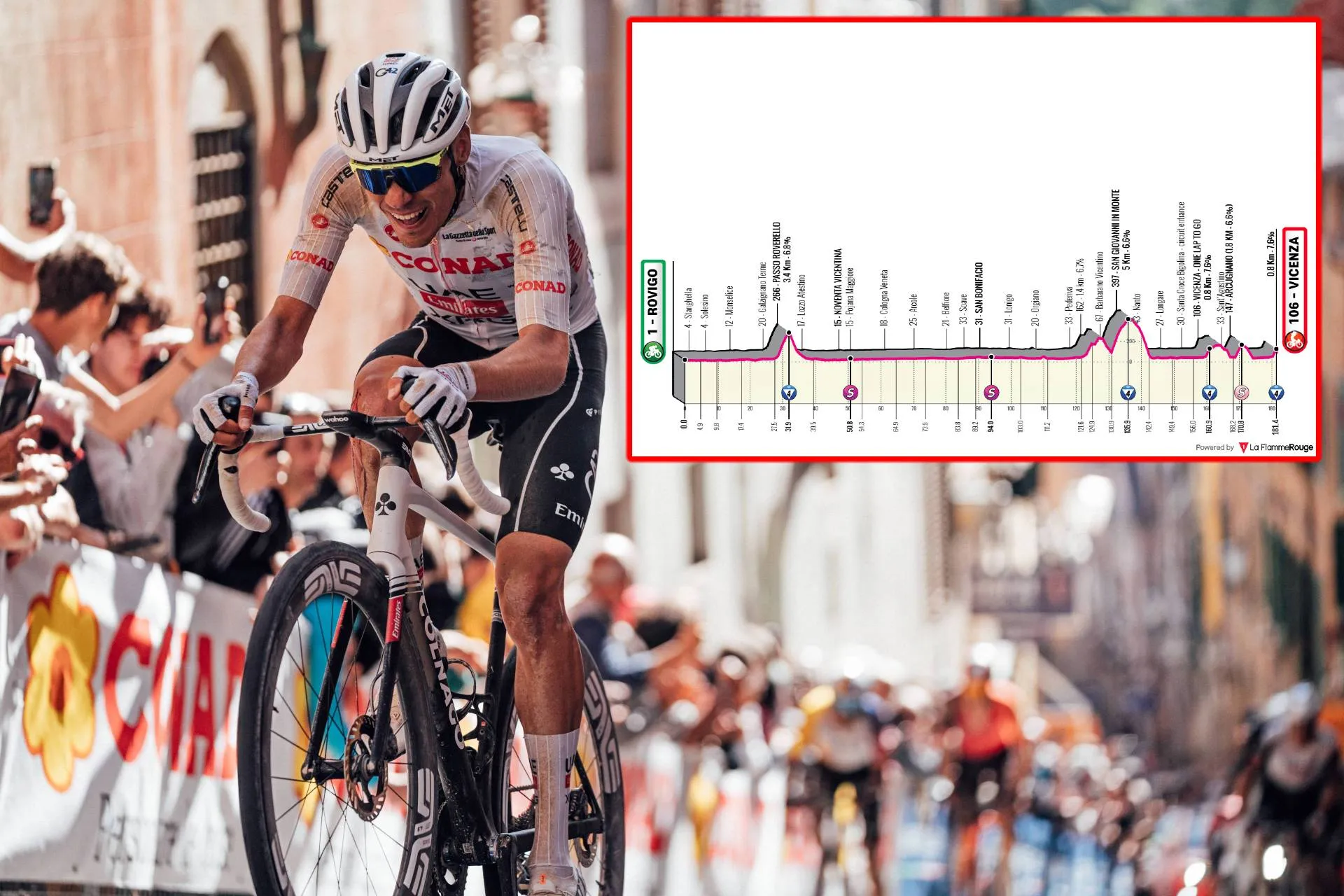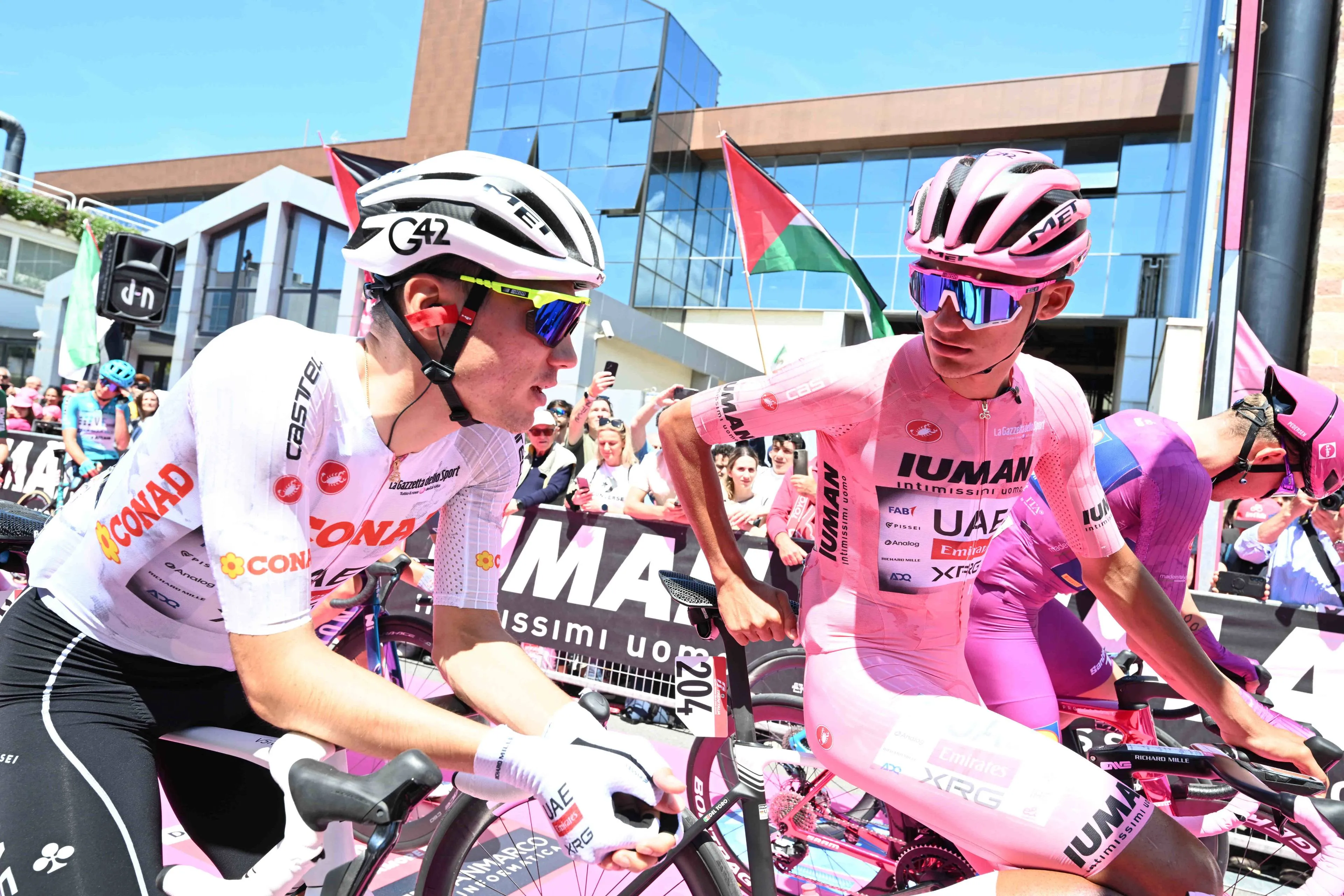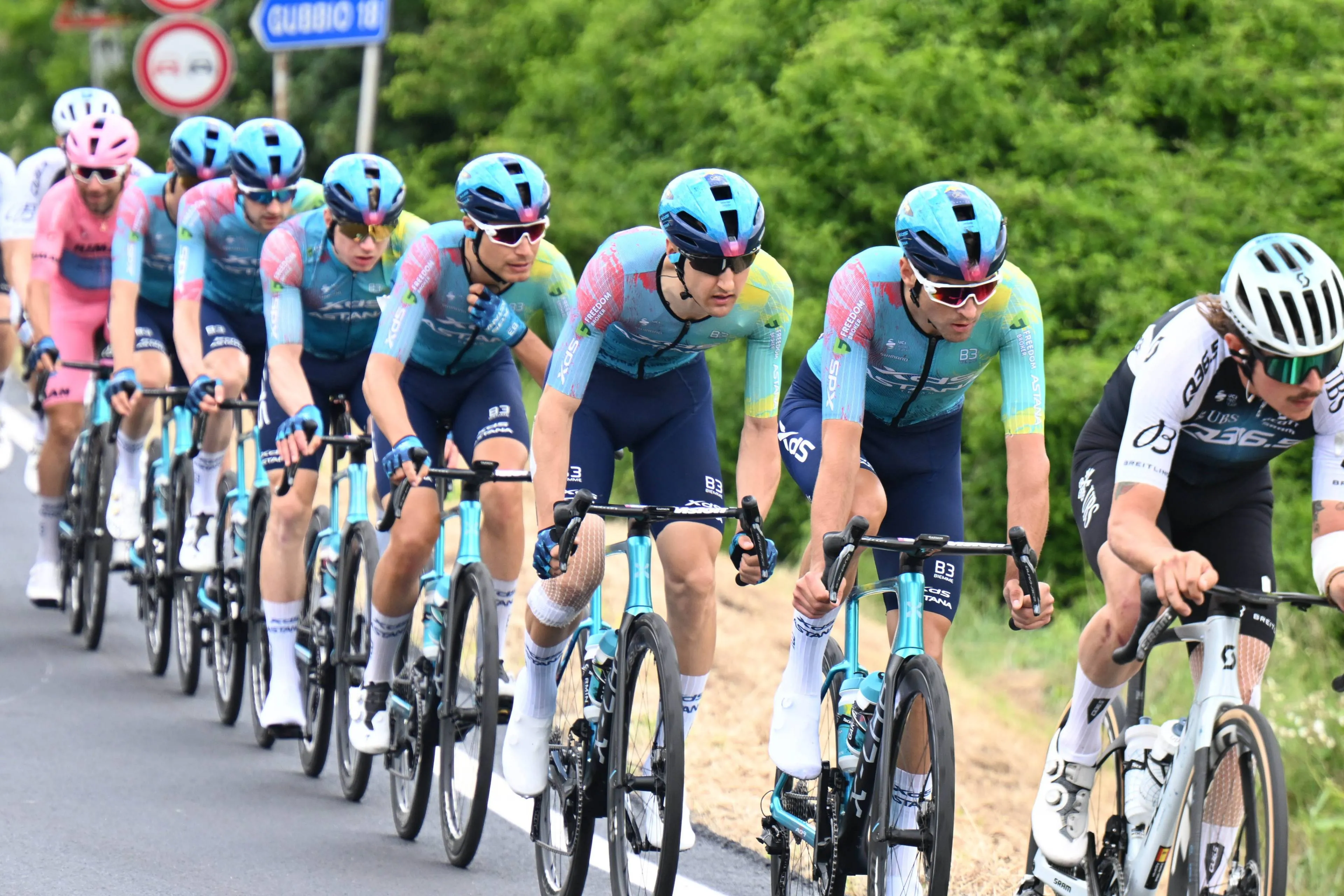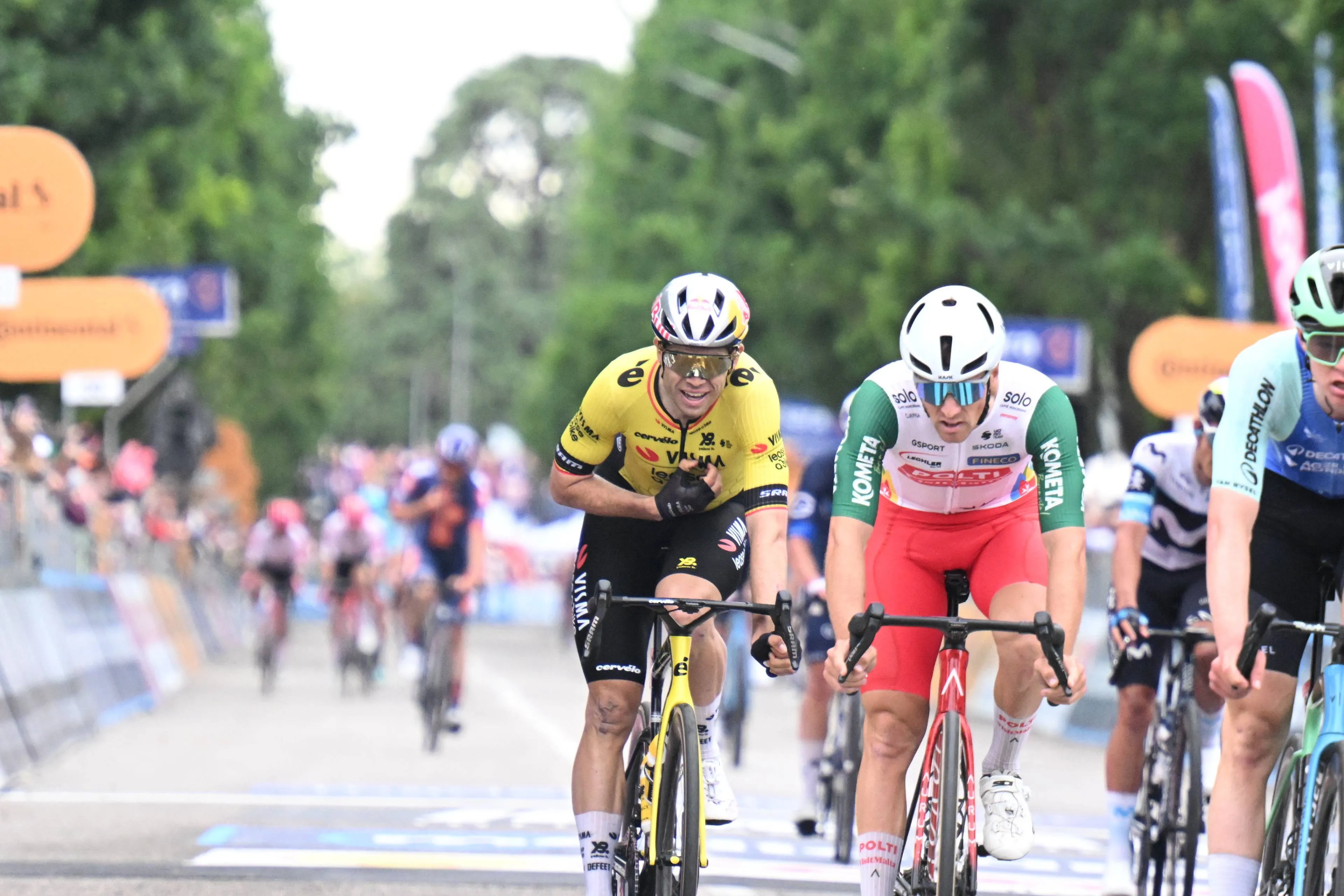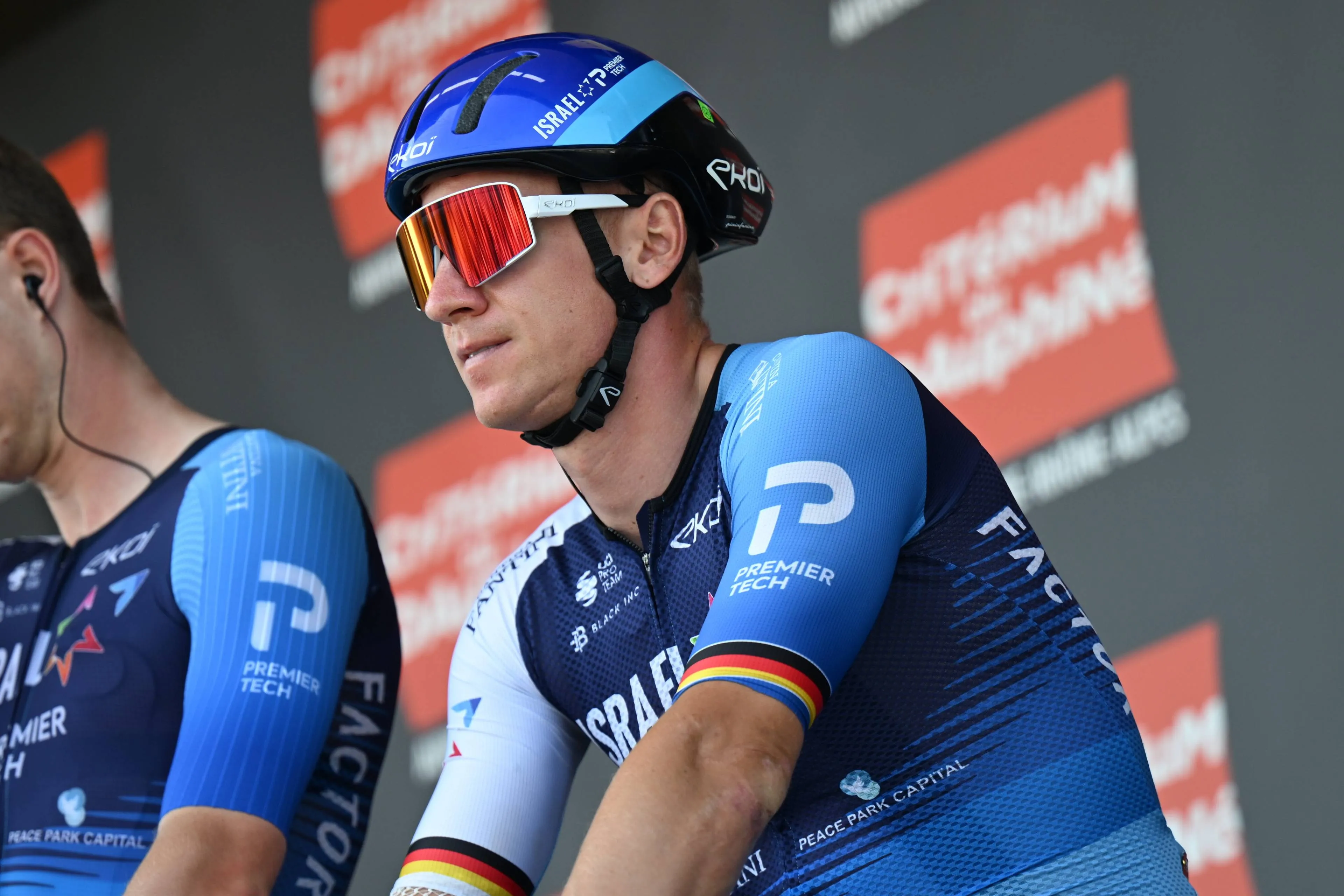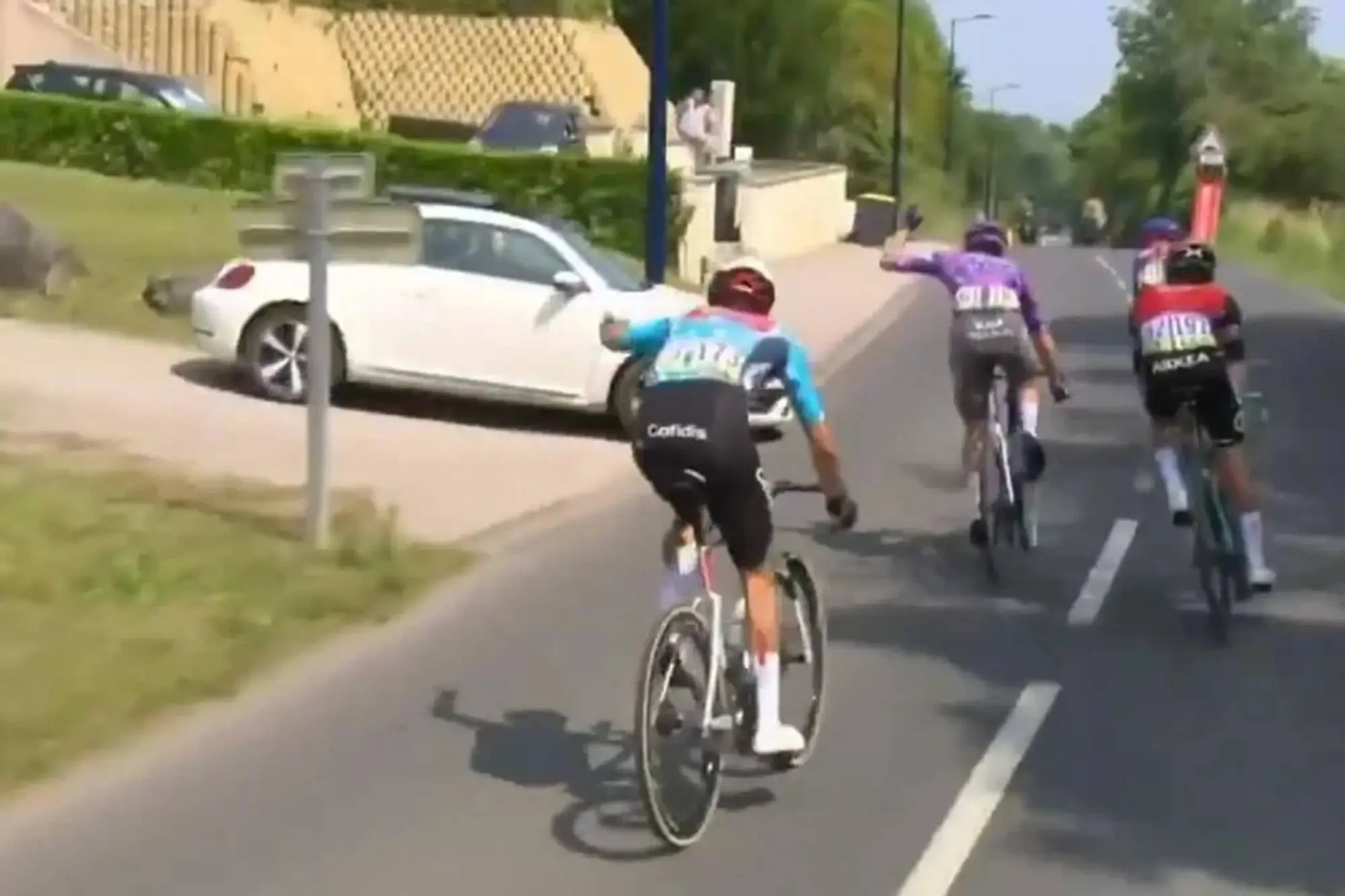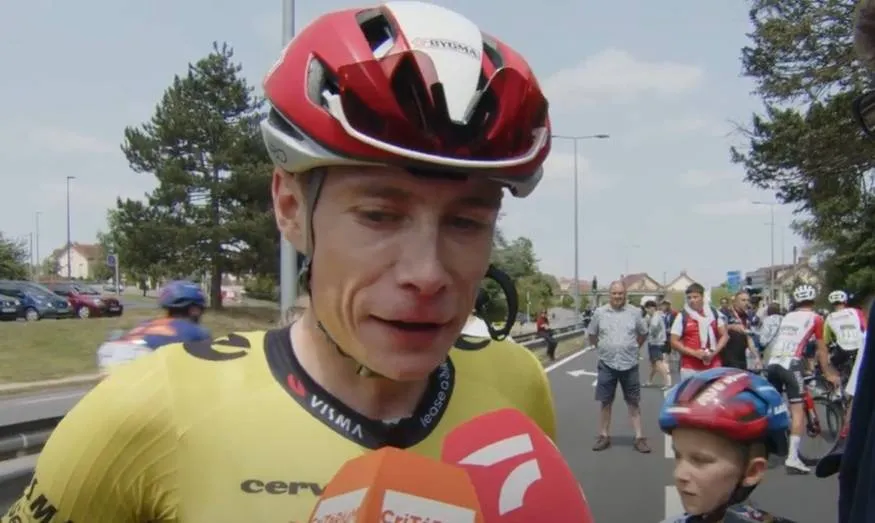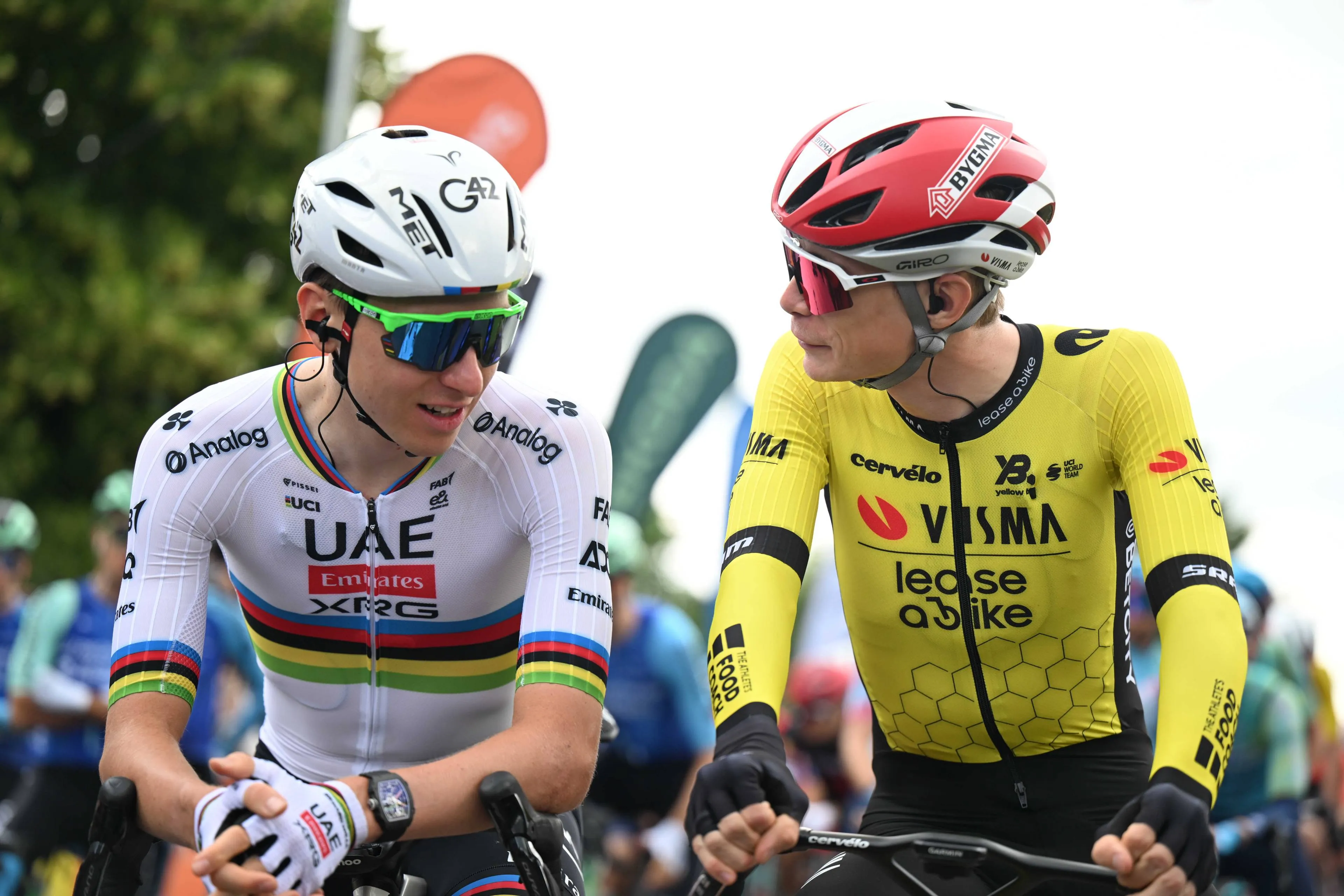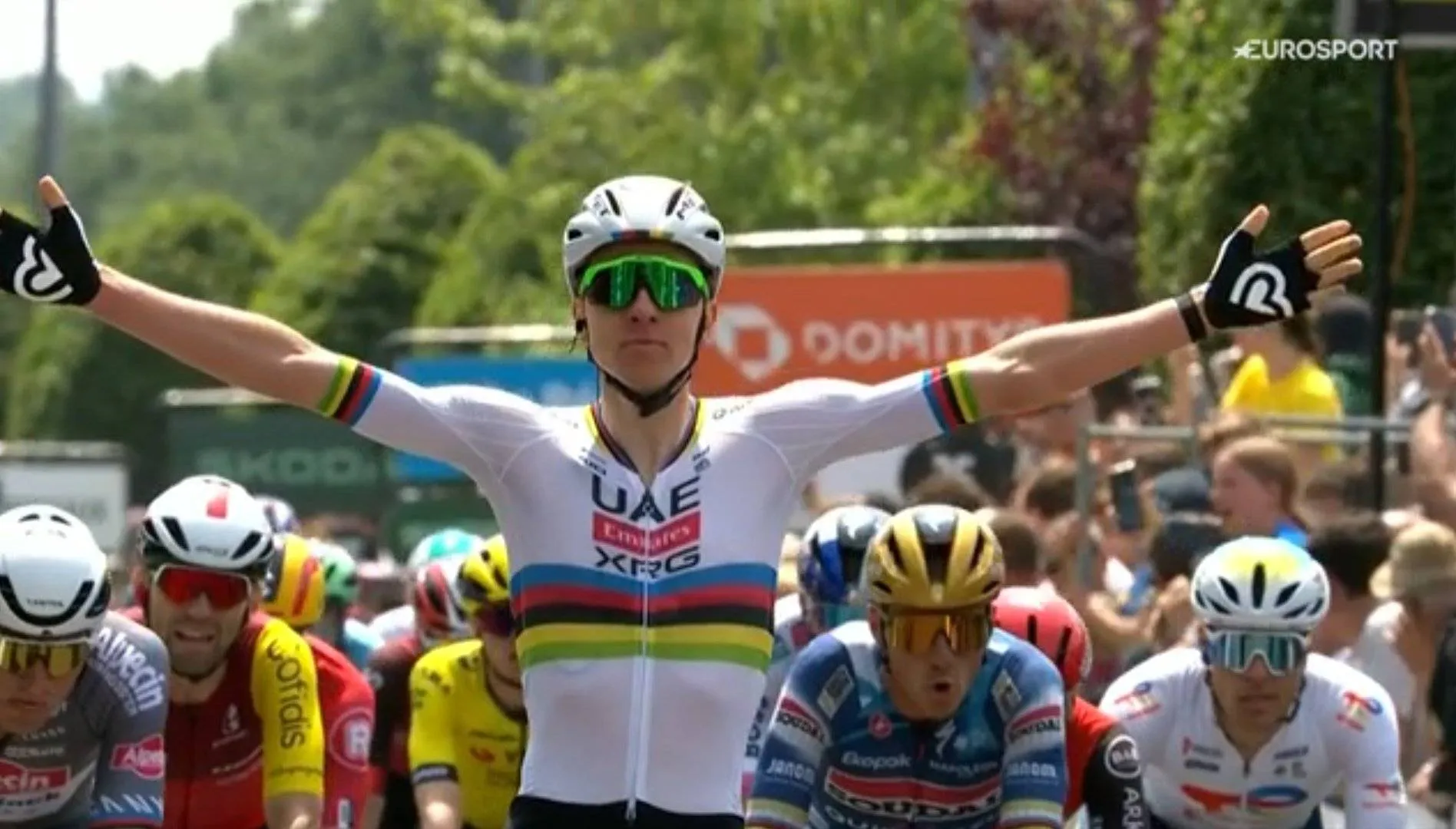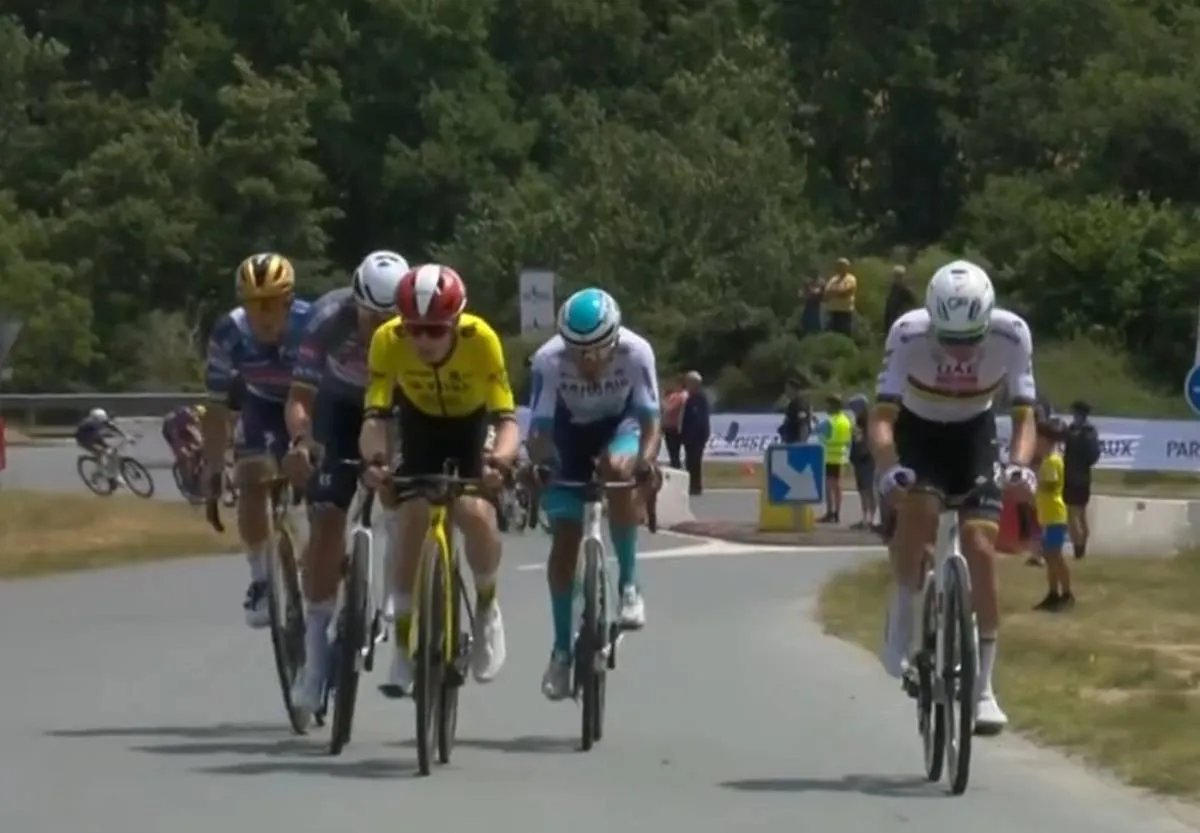ANALYSIS | Tadej Pogacar set to join Bartali, Hinault and Kelly as he chases down Merckx
CyclingSaturday, 24 May 2025 at 13:54
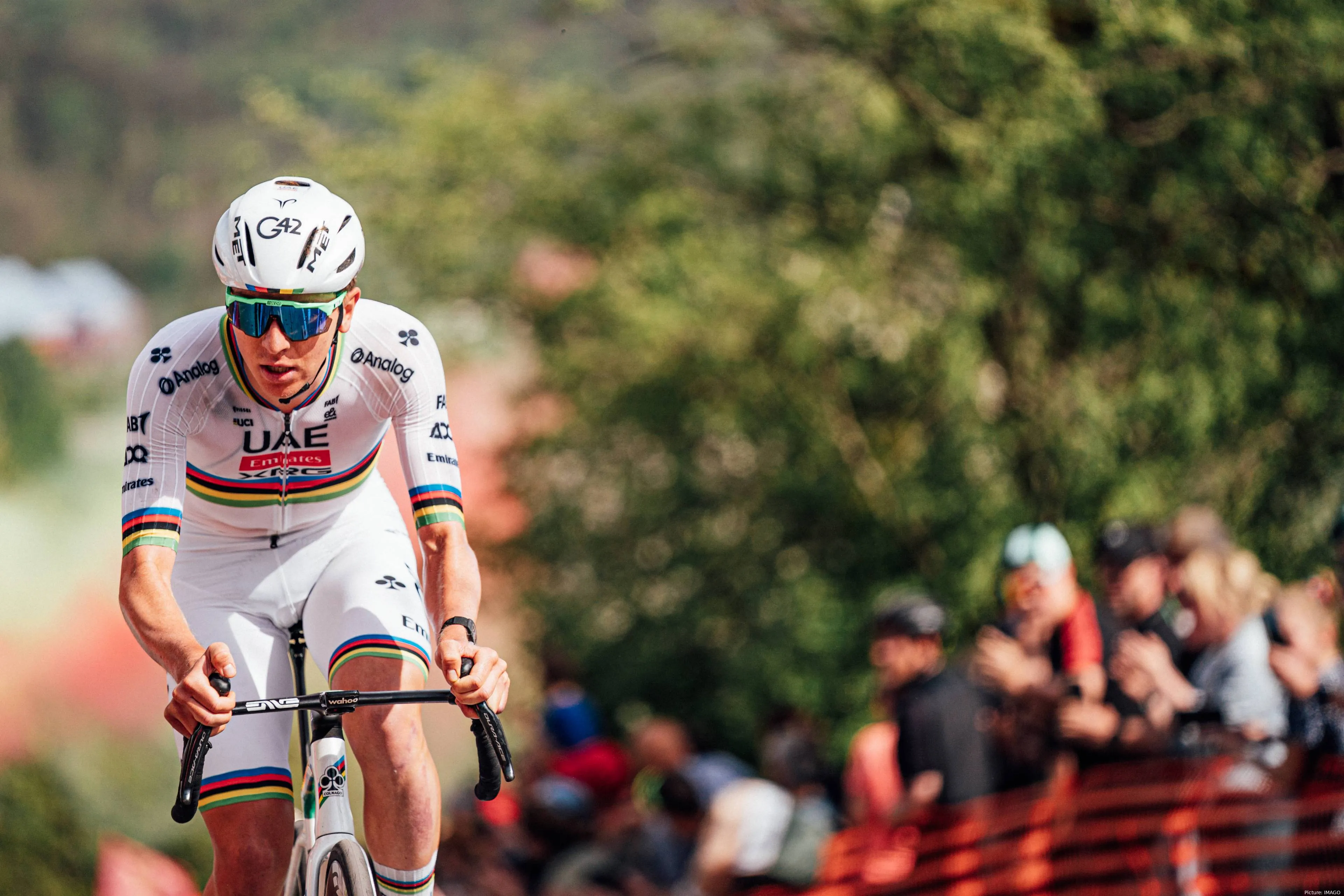
At just 26 years old, Tadej Pogacar has surged into 11th
place on the all time ProCyclingStats (PCS) rankings as of May 23, 2025. The
Slovenian phenom made a six-place leap up the standings, placing himself just
one spot away from the top ten legends of the sport. It’s a staggering ascent
achieved in a handful of seasons, and it’s made even more astonishing by how
young he still is.
So we'll remind you again: Pogacar is still just 26. 26!
Read also
Pogacar’s 1560.5 point total essentially puts him level with
Fausto Coppi, one of the most legendary figures in cycling history. For
long-time fans of the sport, seeing Pogacar’s name on the same page as Merckx,
Hinault, and Bartali is not just surprising, it’s thrilling. It shows we are
witnessing true greatness, and perhaps the greatest rider we will ever see.
It provokes a compelling question: how does this young
superstar’s trajectory stack up against the all time greats, and what might his
legacy become if he keeps climbing?
To understand what this means, context is everything. PCS
rankings are less about understanding algorithms and more about appreciating
what consistent excellence looks like over a rider’s career. Being 11th
all-time at 26 years old is a testament to how complete Pogacar’s palmarès
already is. The list above him reads like a cycling Mount Rushmore, and
catching up to them will require him maintaining this level for years to come.
Read also
But so far, Pogi is showing no signs of slowing down.
Take Eddy Merckx, perched at number one with a mind boggling
3856.7 PCS points. Known as "The Cannibal," Merckx’s career was
defined by an insatiable hunger to win everything, from Grand Tours to one-day
classics, to world titles too. He collected 525 wins throughout his career
including 11 Grand Tour titles and all five Monuments, most more than once.
Merckx was the gold standard of dominance, and it’s no surprise his points
total is nearly double the next rider.
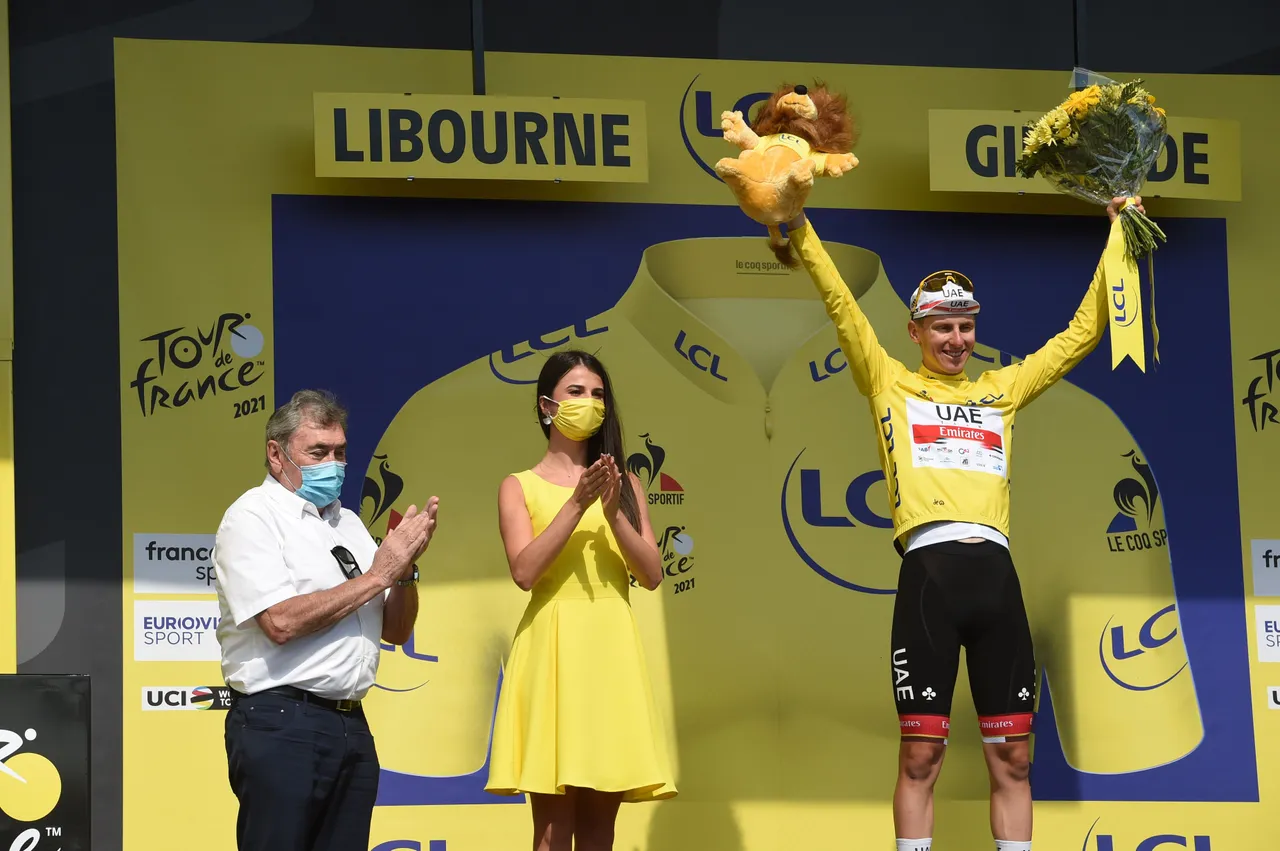
Will Pogacar surpass Merckx as the GOAT
And then there’s Sean Kelly, the king of consistency. Second
on the PCS list with 2172.3 points, Kelly didn’t conquer Grand Tours the way
Merckx did, but his decade plus of success in the classics and week-long stage
races is unmatched. His seven consecutive Paris-Nice victories and nine
Monument wins reflect a rider who showed up strong from February to October.
Third is Francesco Moser, the Italian legend with 273 wins
to his name. His three consecutive Paris-Roubaix titles, Giro d’Italia victory,
and Hour Record in 1984 shows just what a range of abilities he had. Moser was
not the mountain man, but he was unbeatable on flat and cobbled terrain. He
also embraced technological innovation at a time when it wasn’t the norm and
used it to carve out victories in races where raw power and aerodynamic
efficiency mattered most, and he certainly would’ve been a legend in today’s
peloton too.
Read also
In fourth sits Bernard Hinault, France’s last Tour winner
and a ferocious competitor. With ten Grand Tour victories and multiple
Monuments, including Liège and Paris-Roubaix, Hinault's career was full of
iconic moments. He won with his legs, yes, but also with his heart and fists, literally,
in one infamous incident. Hinault was known not just for his victories, but for
the drama he brought to every race, a warrior in the truest sense.
Fifth is Roger De Vlaeminck, the monument master and
Merckx's great rival. Known as "Mr. Paris-Roubaix," he won all five
Monuments and excelled particularly in the classics. He wasn’t just successful;
he was stylish, sharp, and brilliant in the races which often see the most
challenging conditions.
Alejandro Valverde holds sixth, reflecting a different kind
of greatness, that of remarkable longevity. Over a 21-year career, Valverde
amassed 133 victories, including a Vuelta win, four Lièges, and a World
Championship at age 38. He was never dominant in Grand Tours, but his sheer
consistency kept him high in the PCS tally. Racing through multiple
generations, Valverde remained a constant figure, reinventing himself to match
the times as the peloton evolved.
Read also
Seventh is Jacques Anquetil, the first five time Tour winner
and master of the time trial. Known as "Monsieur Chrono," Anquetil
combined meticulous preparation to dominate the late 1950s and early 60s, and
he was a relentless winner. His cool, calculated approach was a far cry from
the attacking fury of Merckx or Hinault, but equally effective.
Eighth is Rik Van Looy, the original all-Monuments man. With
367 career wins and two World Championships, Van Looy embodied Flemish
dominance in the 50s and 60s. He pioneered the template for the dominant
classics rider, backed by a loyal team and unshakeable confidence. The legend
passed awa in December 2024, aged 90.
Ninth comes Laurent Jalabert, France's most complete rider
of the 90s. Originally a sprinter, Jalabert evolved into a world-class climber
and time trialist. His 1995 season, including a Vuelta win and Monument
victories, remains legendary. It is very rare that we see such adaptation in
cycling, or any other sport, but Jalabert pulled it off.
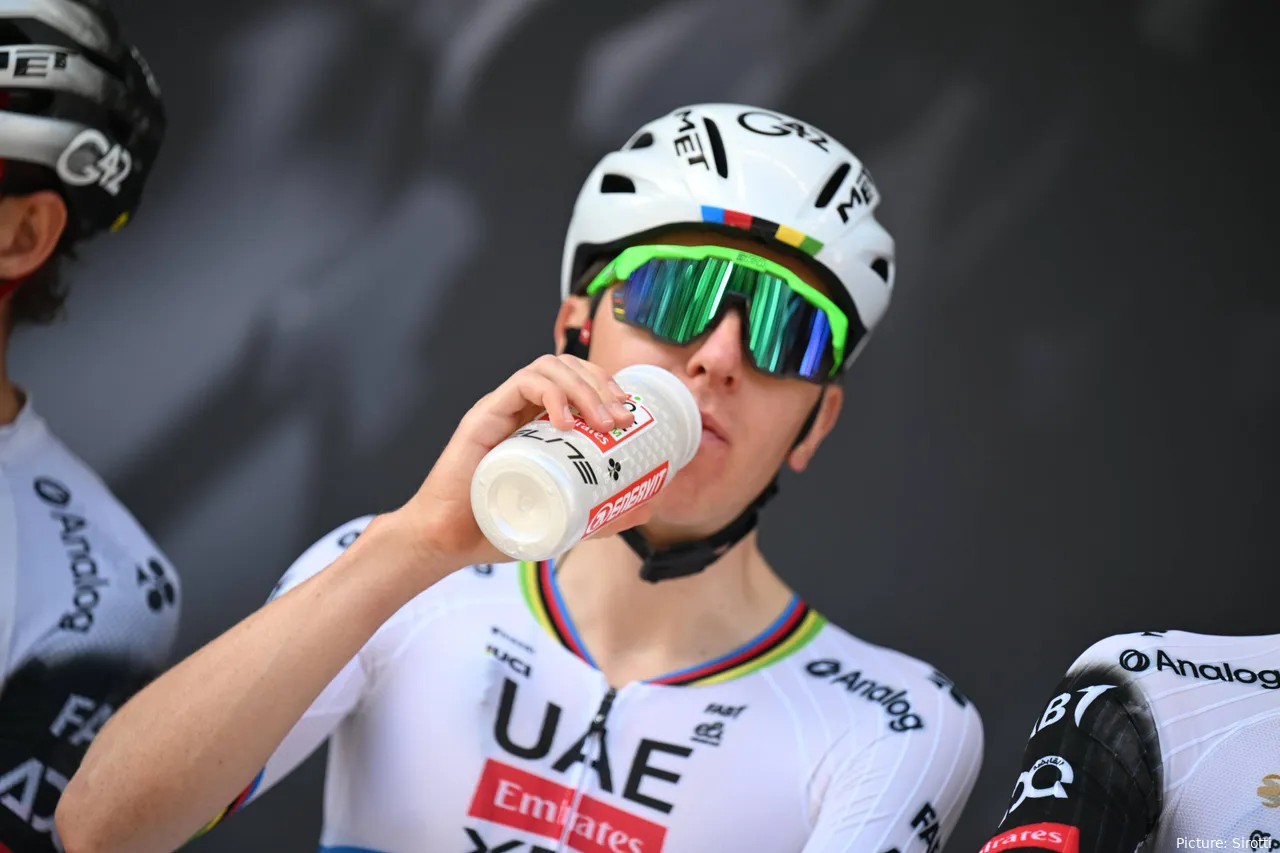
Pogacar is once again re-writing the history books
And rounding out the top ten is none other than Gino
Bartali. A hero on and off the bike, Bartali won Grand Tours both before and
after WWII. His 1948 Tour win is credited with easing political tensions in
Italy, and his off-bike heroism during the war remains unmatched. Bartali’s
achievements came despite a world in turmoil, and that makes them all the more
remarkable. In fact, Bartali’s two Tour de France wins came 10 years apart, but
who knows how many he could have won had it not been for the war.
Now comes Pogacar. His record at 26 already rivals many
careers. Three Tour de France victories, three Liège-Bastogne-Liège, four Il
Lombardia titles, a Giro d’Italia, a world title, two Tour of Flanders.
If Pogacar can add Roubaix, Sanremo, and the Vuelta to his
palmares, it will be very difficult for anyone to argue that he is not the
GOAT.
Read also
His style draws parallels to Merckx, and not since the
Belgian have we seen such an incredible range, and Hinault has already said
Pogacar reminds him of the old warriors. He doesn’t ride to calculate; he rides
to win. That attacking instinct and panache has earned him fans worldwide.
That attitude has pushed Pogacar into the conversation not
just as the best of his generation, but as a legitimate threat to the all-time
hierarchy. And he is showing no signs of slowing down.
If his form continues, he could leap past Bartali and
Jalabert soon. Whether he matches Valverde’s consistency, Anquetil’s Grand Tour
tally, or even De Vlaeminck’s Monument breadth remains to be seen. But if the
past few seasons have shown anything, it’s that Pogacar is not afraid of a
challenge. He relishes it.
Read also
What’s more, he’s doing this in an era where cycling is more
competitive than ever. The depth of the field, the advancements in sports
science, and the sheer number of elite riders make it harder to dominate. And
yet, Pogacar does.
The coming years will be telling. Will he go for the Vuelta
this summer? Will he turn second into first at Roubaix? Can he finally master
the Sanremo puzzle? In a sport that thrives on narrative, Pogacar is delivering
one of the great stories.
Read also
As of May 2025, Tadej Pogacar is knocking on the door of
cycling immortality. When he breaks into that top 10 (likely soon) it won’t
just be a statistic. It will be the latest confirmation that we are indeed
witnessing a once in a generation talent.
And perhaps, the greatest rider we have ever seen.
claps 3visitors 3
Just in
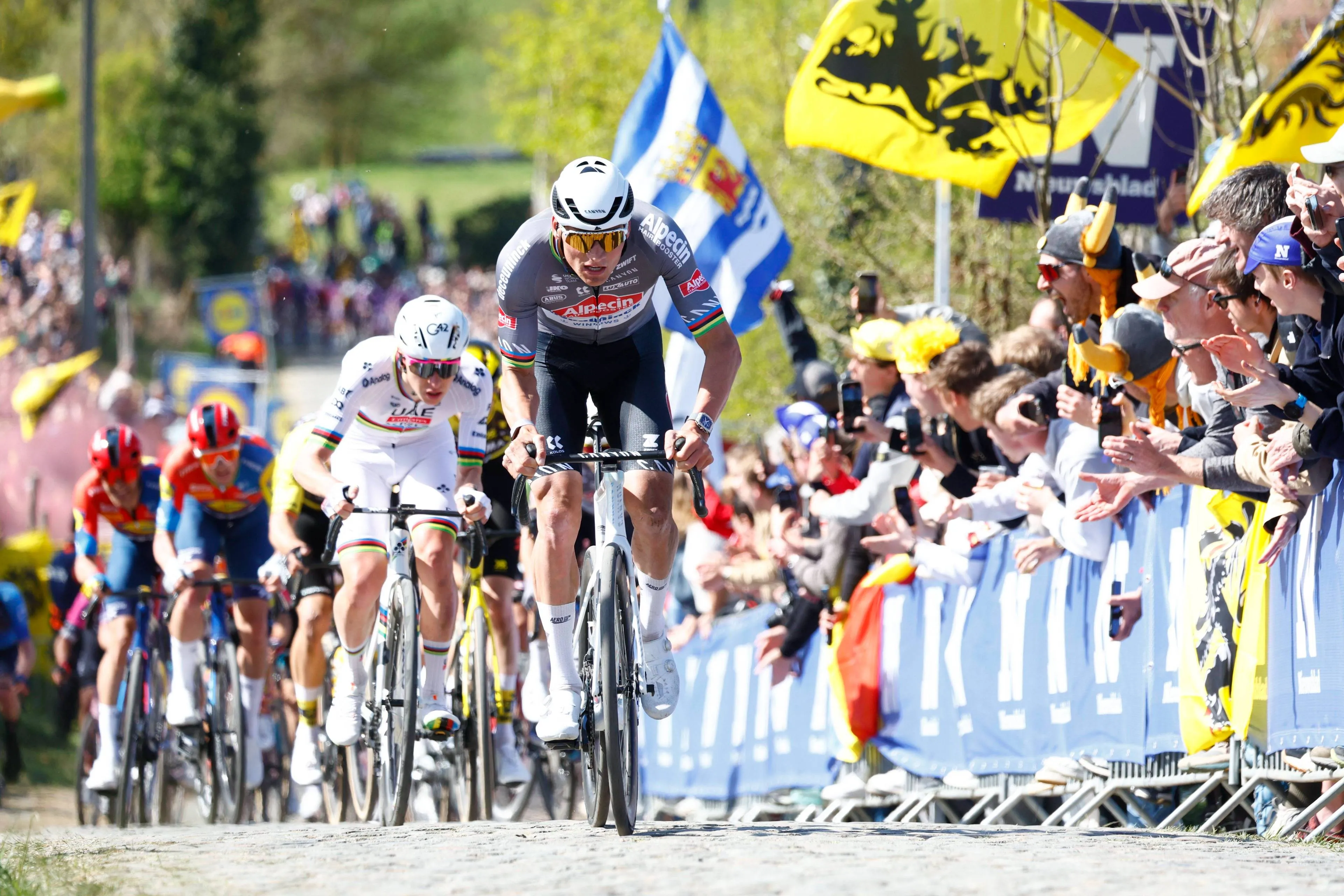
Subscribe to our Daily Newsletter today!
May 12, 11:09
0
Popular news
Latest comments
- Just sore loser crying by Wright. He should just step up his game instead of complaining about high pace up the climbs. He is also yet to apologize to Roglic for taking him out of that Vuelta. Just not really a likeable character..
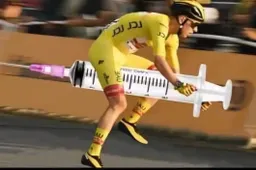 UltimateOpportunist09-06-2025
UltimateOpportunist09-06-2025 - Another 'analyst' with too much spare time on their hands.
 santiagobenites09-06-2025
santiagobenites09-06-2025 - I think so too, If Remco hadn't been in that group with them pulling them to the line they would have been caught and VDP would have probably won the stage.awp09-06-2025
- What is the word "Demanding" doing in the heading of this article? Did I miss something?Ride197409-06-2025
- Would Pog. ride the same if with children, prob. yes, JV, only does 1 race and isn't as good as Pog end of!
 leedorney09-06-2025
leedorney09-06-2025 - Dont do leadout for Phillipsen otherwise it is going to be another wasted TDF MVDP can afford to take these risks since come spring he wins monumentsabstractengineer09-06-2025
- In case, someone misunderstood, I was referring to the YouTube video "Causally Explained: Cycling". It is a satire.
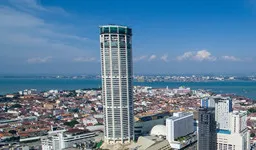 KerisVroom09-06-2025
KerisVroom09-06-2025 - I see. Now, I know why Wout lost to MVDP so often. This article feels like a copy of Casually Explained: Cycling. In short, pregnant women are not aero. So serious cyclists should shun away from them.
 KerisVroom09-06-2025
KerisVroom09-06-2025 - Commentators, experts, journalists, a bunch of desperate people creating hate and gossip for a click ( for money). Stop.
 maria2024202409-06-2025
maria2024202409-06-2025 - Only 1 position matters.. pseudo journalists and bloggers can spin as much as they like reality is Pogacar is in Yellow and Green after winning the stage.. THATS what mattersslappers6609-06-2025

